Will Trump 2.0 end all wars?
Given that the Russia-Ukraine and Gaza conflicts are highly complex, along with the clandestine “deep state” in Washington that will pose challenges, Trump is unlikely to succeed in ending all wars, says former journalist Goh Choon Kang.
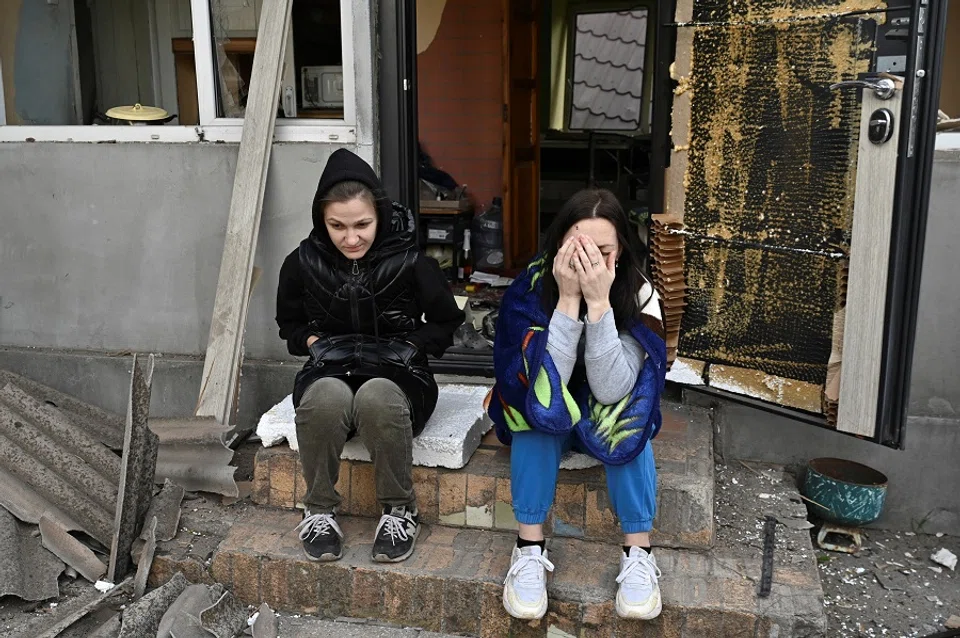
In mid-November, with his impending exit from the White House in two months, US President Joe Biden unexpectedly authorised Ukraine’s use of American weapons inside Russia, marking a significant reversal in Washington’s policy on the Russia-Ukraine war.
A few days after the news broke, Ukraine indeed used Army Tactical Missile Systems (ATACMS) to strike military targets in Russia. The next day, Ukraine also fired UK-supplied long-range Storm Shadow missiles at targets in Russia for the first time.
The US’s and UK’s actions have reignited fears of a World War III — at the very least, it significantly increased the uncertainty surrounding the conflict. Russia claimed that Ukraine’s use of Western-supplied weapons to attack Russia effectively globalises the conflict.
Trump versus the ‘deep state’
Biden has always rejected Ukrainian President Volodymyr Zelenskyy’s request to use long-range missiles to strike Russia — why did he change his mind just as he is about to leave office? There are several different interpretations, and one theory is that it was a show of strength intended to prevent Russia’s attacks.
But more people seem to believe that it was to exacerbate the already dire situation in Ukraine, so that US President-elect Donald Trump would have no chance of fulfilling his promise of stopping the war in 24 hours.
Although the US hastily withdrew from Afghanistan during Biden’s presidency, the US became embroiled in both the Russia-Ukraine war and Gaza conflict, seemingly jumping out of the frying pan into the fire. The war in Gaza has also spread to Lebanon. The Russia-Ukraine war and Gaza war have dragged on for about three years and one year respectively, and the Biden administration has been unable to offer any viable solutions.
... the clandestine deep state in Washington is powerful and influential, and will not easily let Trump have his way.
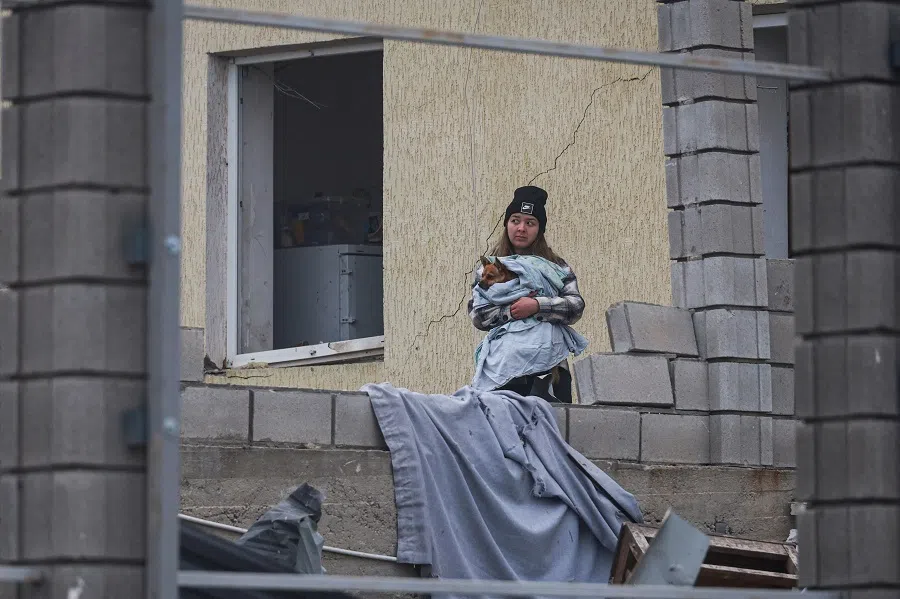
The Russia-Ukraine war is a proxy war primarily supported by the US, which is why it is so difficult to stop. Meanwhile, Israel is protected by the US, which is influenced by the “deep state” and Israel lobby, which makes it difficult to end as well. In fact, Israeli Prime Minister Benjamin Netanyahu appears to have little regard for the outgoing Biden administration.
During his campaign, Trump claimed that he could quickly end both wars, but he was vague on the details. It is unclear how he plans to achieve a ceasefire between Russia and Ukraine within a single day, or swiftly end Israeli hostilities in Gaza and Lebanon.
Most observers thus believe that Trump is just full of hot air, as both conflicts involve complex factors that make an immediate ceasefire highly improbable. Also, the clandestine deep state in Washington is powerful and influential, and will not easily let Trump have his way.
Trump claimed that he did not start any wars during his previous presidency, and used this to taunt Biden. He may give people the impression of being anti-war, but he is no peace dove.
Trump’s claims
In 2016, Trump’s trademarked campaign slogan was “Make America Great Again” (MAGA). Under this overarching slogan came several derivatives, including Make America Powerful/Strong; Wealthy; Healthy; Proud; and Safe Again.
Trump reused the same slogan this year, implying that America had already been made great again during his first term, but the past four years under Biden have undone that progress, necessitating another push to make America great again. His appointed secretaries will all work towards making America powerful, healthy, wealthy, safe and proud again. This is tantamount to saying that the four years of Democratic rule have been utterly disastrous.
Trump claimed that he did not start any wars during his previous presidency, and used this to taunt Biden. He may give people the impression of being anti-war, but he is no peace dove. He once ordered the targeted killing of Qassem Soleimani, Iran’s most powerful military commander. It is worth watching what actions he might take towards Iran after taking office.
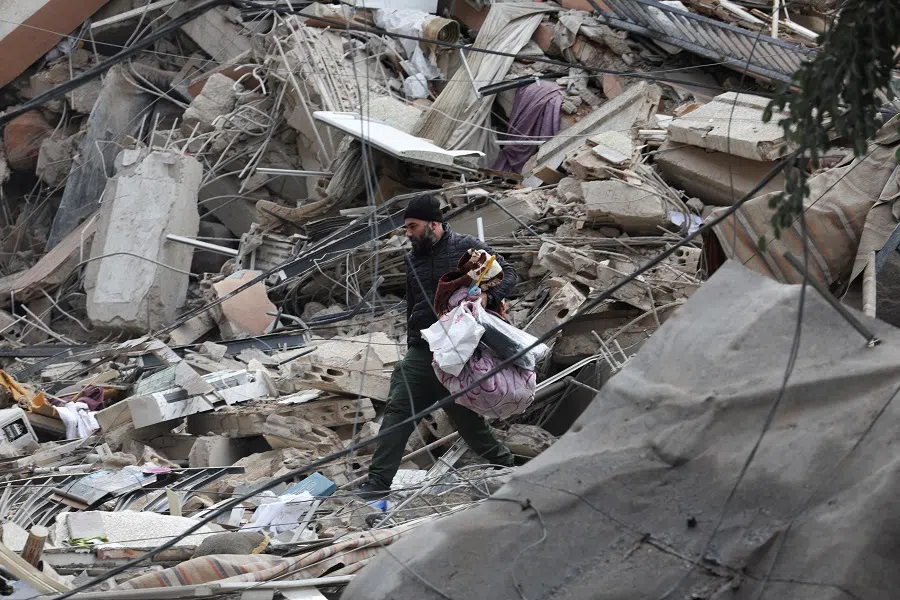
Trump also promotes himself as a master negotiator and dealmaker, suggesting that he could resolve conflicts simply by negotiating with both sides. This sounds similar to what Sun Tzu said in The Art of War (《孙子兵法》): “To subdue the enemy without fighting.”
Trump once explained that the US is capable of resolving international disputes without deploying troops due to its military prowess, allowing it to achieve “peace through strength”. We will know in less than two months whether this is a bold claim or mere bluster.
... any Middle East peace plan proposed by Trump is likely to come at the expense of the Palestinians. It is also unlikely that the Palestinians in Gaza will have the chance to rebuild their ruined homes during Trump’s four-year term.
Unchartered territory
First, war in the Middle East. Trump is a staunch supporter of Israel. During his first term, he not only moved the US embassy to Jerusalem and unilaterally withdrew from the Iran nuclear deal, but also recognised Israel’s sovereignty over the occupied Golan Heights and facilitated the normalisation of relations between Israel and several Arab countries.
To Trump, Palestine is practically non-existent. His recently nominated secretary of state, Marco Rubio, is also pro-Israel and anti-Palestine, calling Hamas members “vicious animals”. Hence, any Middle East peace plan proposed by Trump is likely to come at the expense of the Palestinians. It is also unlikely that the Palestinians in Gaza will have the chance to rebuild their ruined homes during Trump’s four-year term.
Trump would most likely have to pay a diplomatic price if he indeed follows such a solution. Israel’s extensive bombing of the Gaza Strip, under the guise of retaliation for the Hamas terrorist attacks on 7 October 2023, which has resulted in the deaths of innocent civilians, along with the expansion of the conflict into southern Lebanon, has sparked widespread disapproval among Arab nations.
Thus, it would be difficult for Trump to repeat his previous success in brokering peace deals between Arab nations and Israel during this term, potentially diminishing US influence in the Middle East. Meanwhile, China has extended its influence into the Middle East, facilitating reconciliation between Iran and Saudi Arabia.
Next, the Russia-Ukraine war. Currently, Russia has already taken control of several regions in eastern Ukraine; getting it to relinquish these gains would be akin to asking a tiger for its skin.
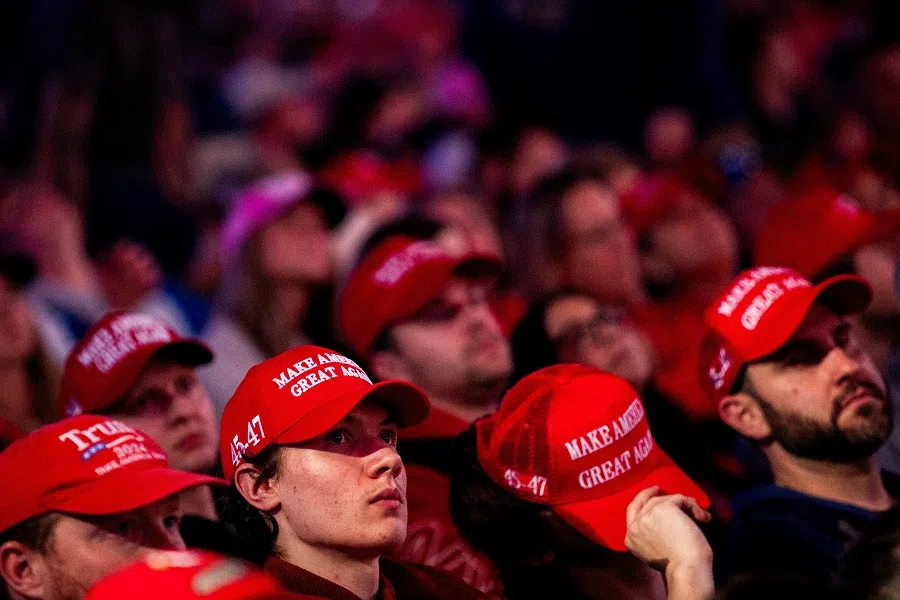
However, Trump does have leverage over Zelenskyy, as Ukraine’s military supplies largely come from the US. If Trump were to cut off this support, Zelenskyy might be left with little choice but to come to the negotiating table. Of course, this would most likely mean a significant loss for Ukraine; not only being unable to regain its lost territory but also failing to return to the borders established with Russia at the time of its independence in 1991.
Several observers think that a highly probable negotiation outcome could involve freezing the conflict and establishing a ceasefire line similar to the 38th parallel separating North and South Korea.
However, all of this remains hypothetical and speculative at this point. After Biden approved Ukraine’s use of US missiles inside Russia, the Russia-Ukraine war has entered unchartered territory. It is difficult to predict what could change in the weeks leading up to Trump’s inauguration.
Russian President Vladimir Putin has fired a hypersonic intermediate-range ballistic missile at the Ukrainian city of Dnipro, ostensibly as a test, but in reality, as a stern warning. He said that depending on the situation and the nature of the security threats that are created for Russia, the country will continue these tests, including in combat conditions. No one knows how the Russia-Ukraine war will develop two months from now.
Ending all wars is good for all
Regardless, hopefully Trump will still have a chance to end the war. After winning the presidential elections in November, Trump said that he intends to end all wars during his presidency. We shall wait and see if he can do it. However, if he indeed works towards ending all wars after taking office, it would be a positive development for the world and something to be welcomed. Perhaps Trump should take a page out of Obama’s book and aim for a Nobel Peace Prize.
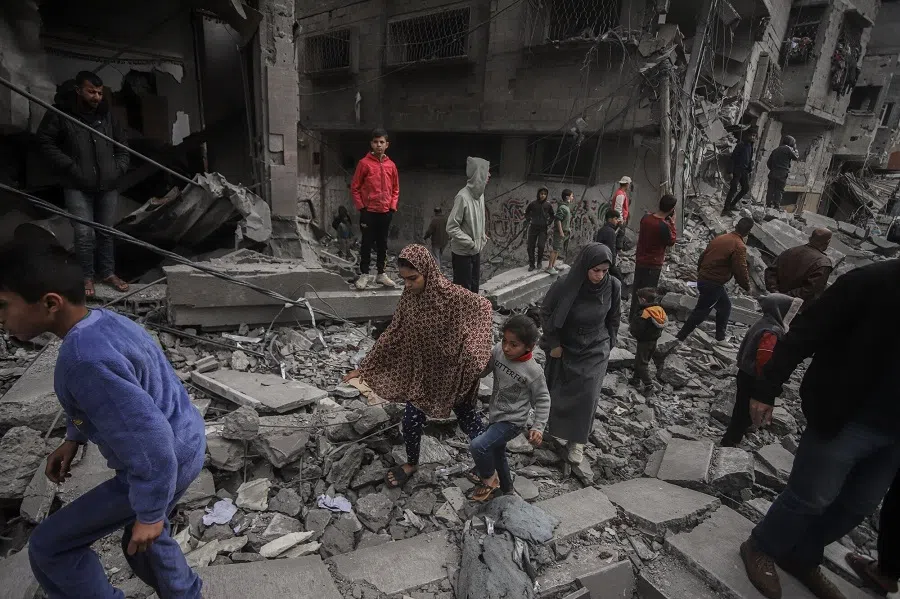
The US’s annual defence budget is about a whopping US$800 billion. Data from Brown University’s Watson Institute for International and Public Affairs showed that the US spent a staggering US$8 trillion on war-related military expenditures between fiscal years 2001 and 2022.
If this money had not been used to feed the American military-industrial complex, and instead invested in improving the economy and people’s livelihoods, the US today would be a very different place, and populist politicians like Trump most likely would not have a chance to rise to power.
This article was first published in Lianhe Zaobao as “欢迎特朗普“结束所有战争””.





